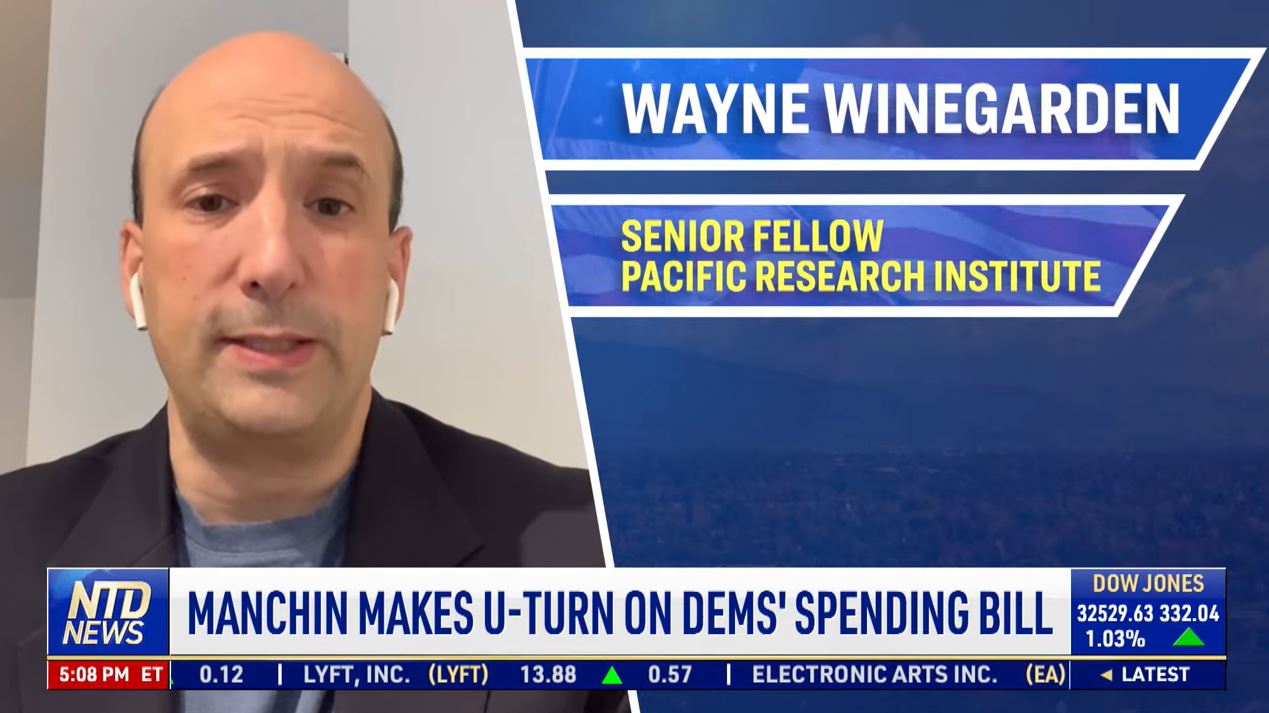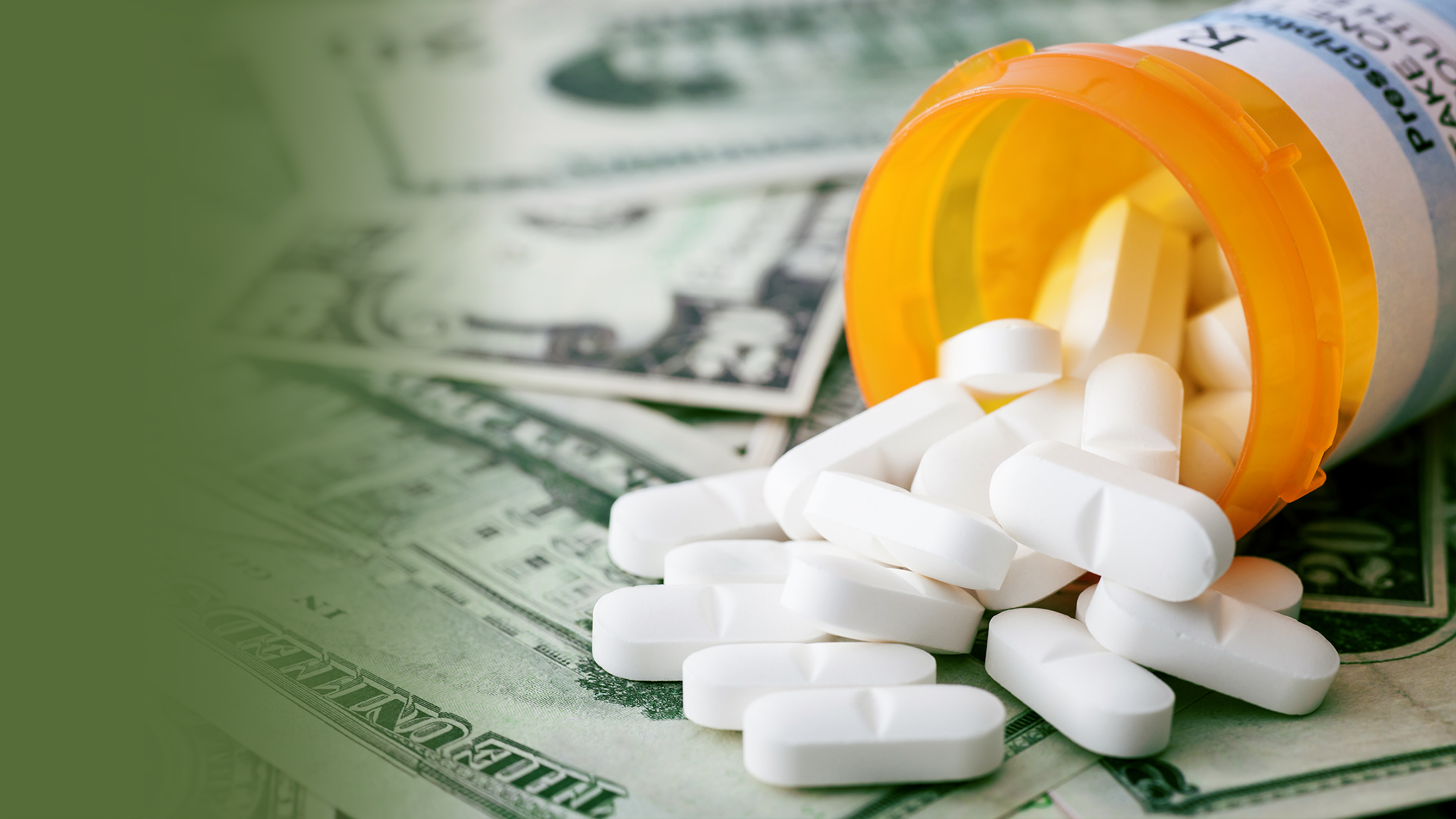In the physician shortage, there’s a solution patients agree with — but the laws don’t
The quickest way to get less of something is to regulate it. Nowhere is that more apparent than in the health sector, which suffers from a chronic shortage of physicians, particularly in primary care. And it’s about to get worse. According to the Association of American Medical Colleges, the United States is facing a shortfall of up to 48,000 primary care physicians by 2034, especially in rural and historically marginalized urban areas. Many states are turning a blind eye to this looming shortage...











